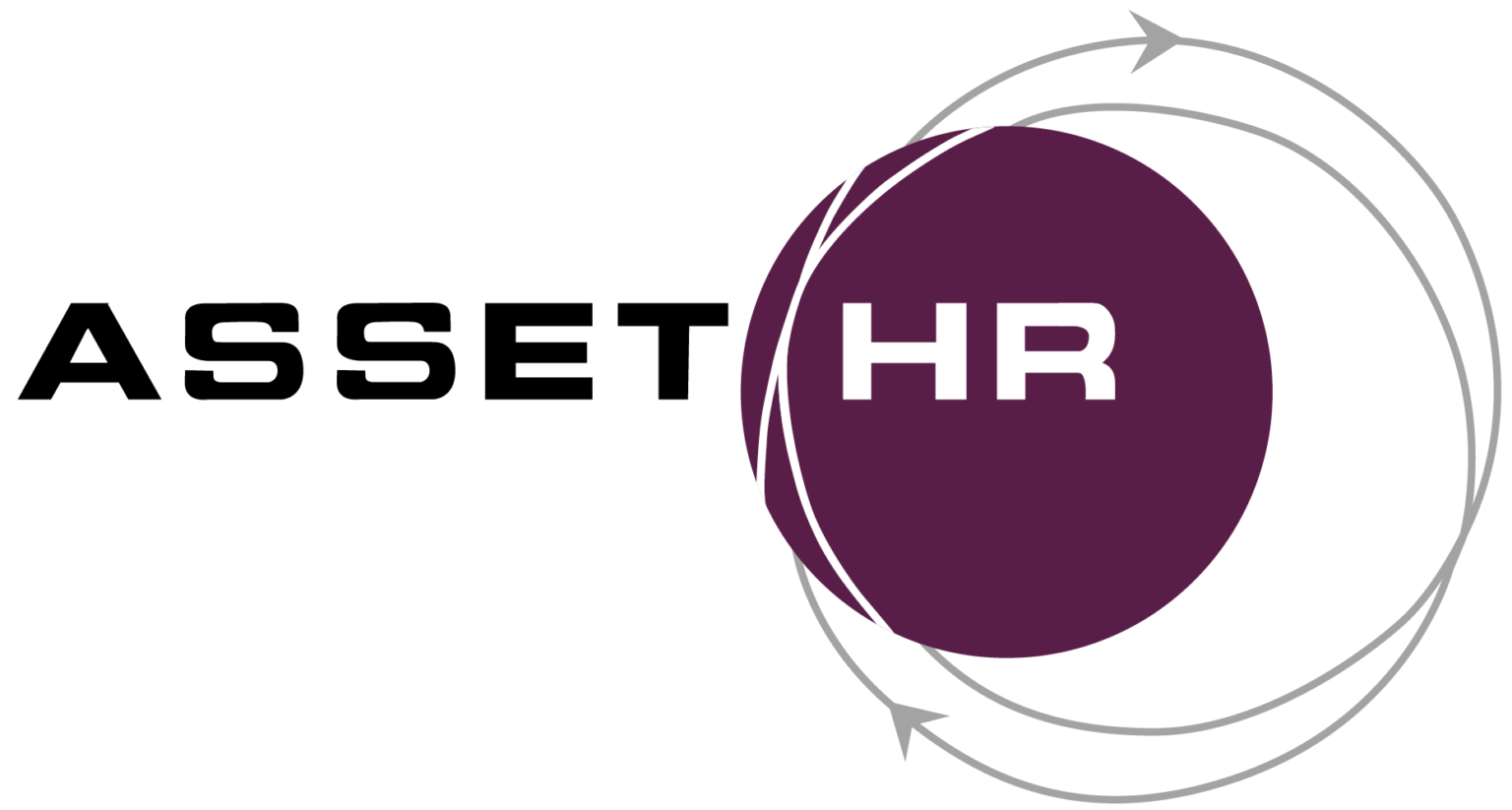The role of chief people officer (CPO) has emerged as a key position in today’s organizations. This relatively new position reflects the growing importance of people-centric strategies in business success.
But what does a CPO do? More importantly, do you need to hire one? Here’s everything you need to know.
What Is a Chief People Officer?
A chief people officer is a senior executive responsible for overseeing an organization’s people strategy. This includes everything from talent acquisition and retention to employee engagement and workplace culture. The CPO’s primary focus is on the people within your organization. They want to make sure team members are satisfied with their jobs and thrive in the business environment.
While the CPO role shares many similarities with the chief human resources officer (CHRO), there are some key distinctions. Here’s a look at how the two roles compare.
CPO vs. CHRO
Traditionally, CHROs have been more focused on the administrative aspects of HR — compliance, payroll, benefits administration, and labor relations. In contrast, a CPO takes a more holistic, strategic approach, aligning people initiatives with business goals to drive company success. The chief people officer is seen as someone who creates a people-first organization.
Key Responsibilities of a Chief People Officer
So what does a CPO actually do? Here are a few duties typically assigned to a chief people officer:
Talent Acquisition and Retention
CPOs are all about people. One of a CPO’s foundational responsibilities involves ensuring that your company attracts, hires, and retains top talent. This means developing innovative recruiting strategies and creating strong employer branding. They will also foster an environment where employees want to stay long-term.
Employee Engagement
Chief people officers also focus on keeping workers engaged. They will have a hand in onboarding and training as well as career development and performance management. The CPO plays a critical role in keeping your workers motivated.
Workplace Culture and Diversity
A chief people officer can take the lead on bringing your diversity and inclusion initiatives to fruition. CPOs align these programs with big-picture company goals and ensure that the organization’s values are reflected in everyday actions.
Leadership Development
A chief people officer will work to identify high-potential employees and create leadership programs that help prepare them for senior roles. This ensures that your company has a strong leadership pipeline in place for sustained growth.
Employee Well-Being
One of the CPO’s most important responsibilities involves ensuring the physical and mental well-being of your team. They may implement wellness programs, raise awareness about mental health resources, and create policies that support work-life balance.
Do You Need a Chief People Officer?
A chief people officer can be instrumental in driving a people-first strategy that fosters engagement and retention. If your organization is large or growing rapidly, adding a CPO to the mix can help keep the momentum going.
However, smaller companies may not have an immediate need for a chief people officer. In these instances, teaming up with a third-party HR consulting firm may offer a more pragmatic solution. The firm can provide many of the same services as a CPO and scale the scope of its support to align with your company’s budgetary constraints.
The Future of Leadership in HR
The chief people officer will likely become increasingly important in the modern workplace. Companies that prioritize people-centered strategies will be better positioned to navigate the challenges of a rapidly changing workforce. By focusing on the employee experience, leadership development, and diversity initiatives, CPOs can help organizations build resilient, high-performing teams that drive long-term success.
Need Help Managing Your People? Connect With AssetHR
A chief people officer can be a valuable addition to your organization. However, not every business has the budget or workforce to justify hiring a dedicated CPO. The good news is that there are economical alternatives for small to mid-sized businesses, such as partnering with AssetHR.
AssetHR provides personalized human capital management and HR consulting services designed to empower your team. Contact AssetHR and let’s discuss how you can tap into the full potential of your workforce through modern people management strategies.
Posts that the posts are not intended to provide legal advice and that readers should consult with their attorneys on any matter covered in the article.

